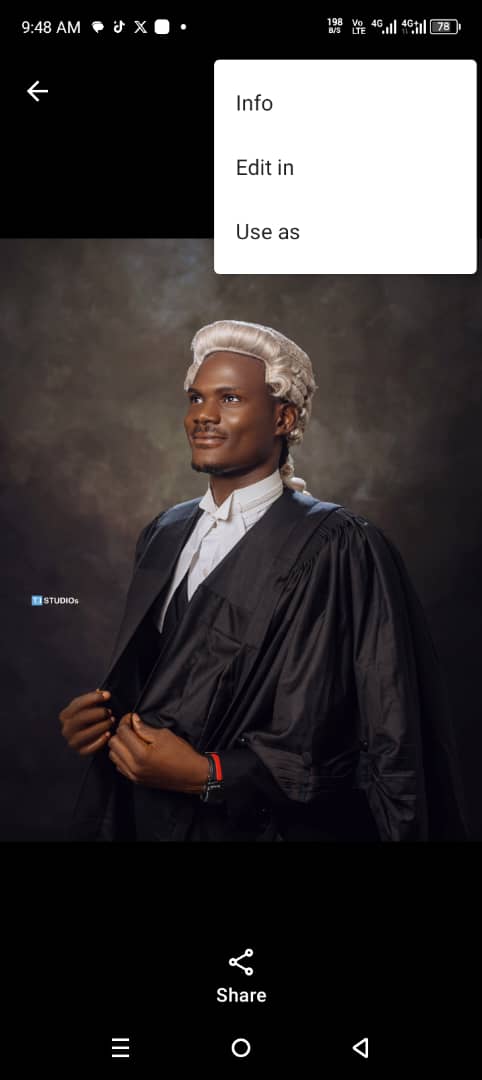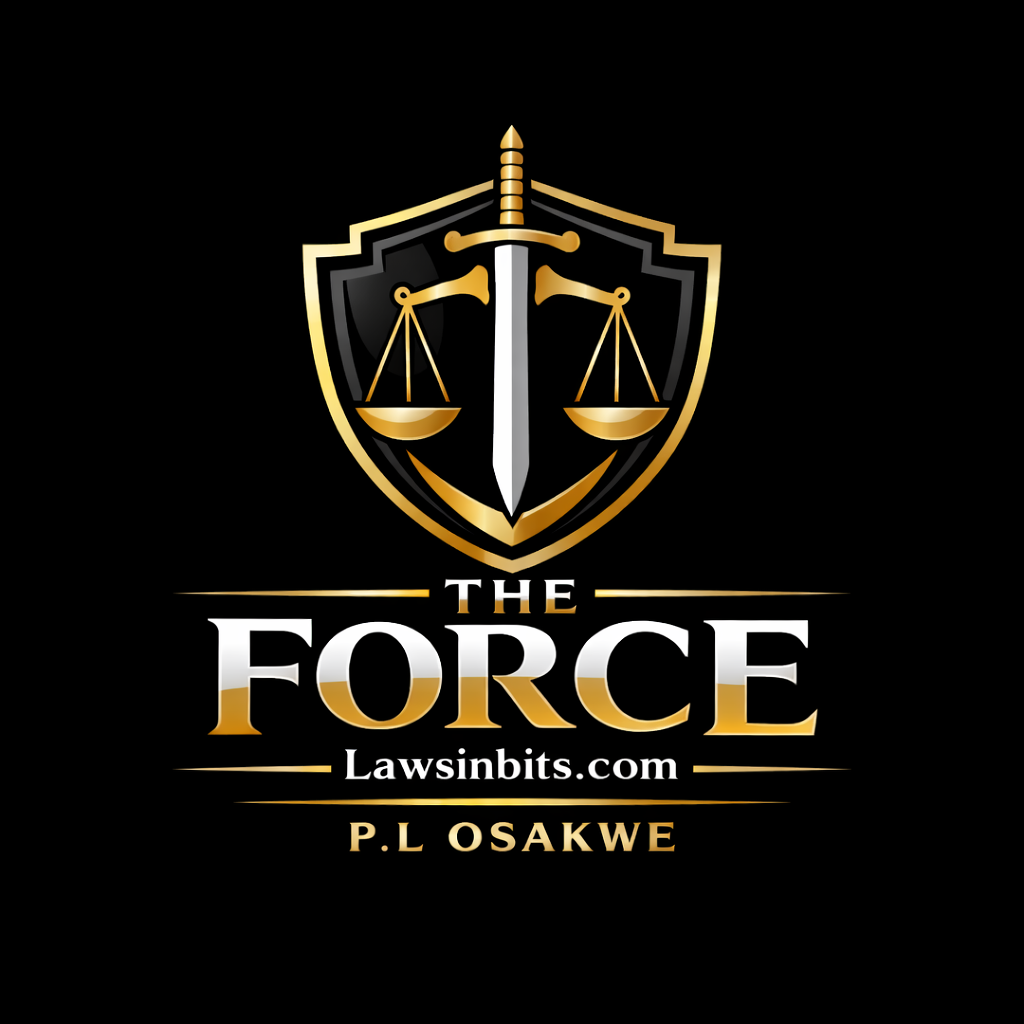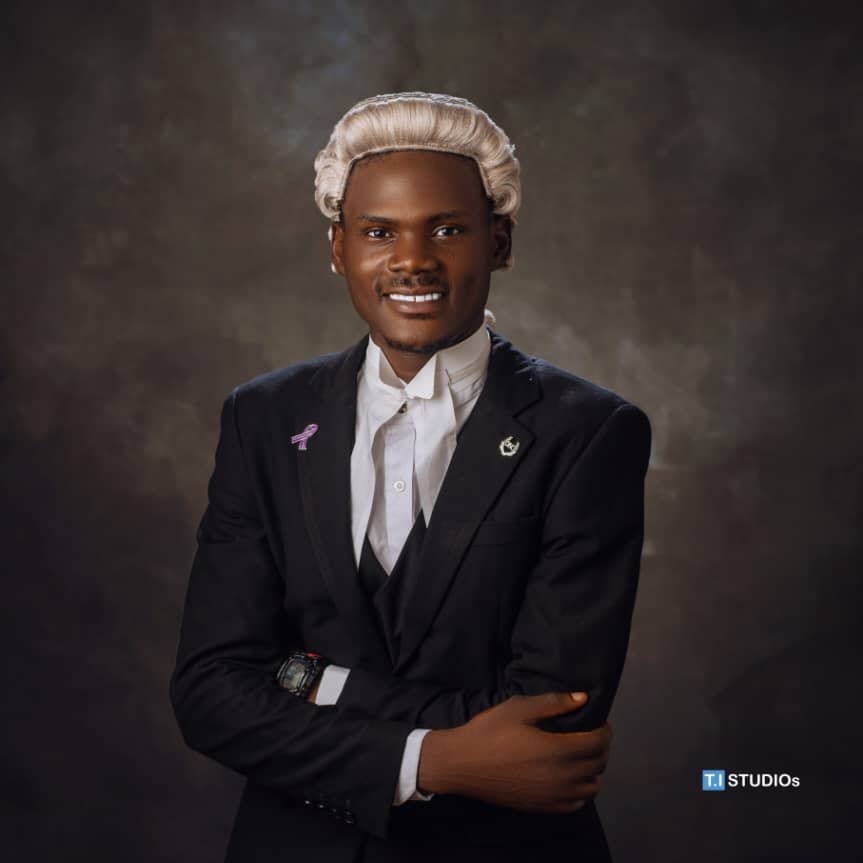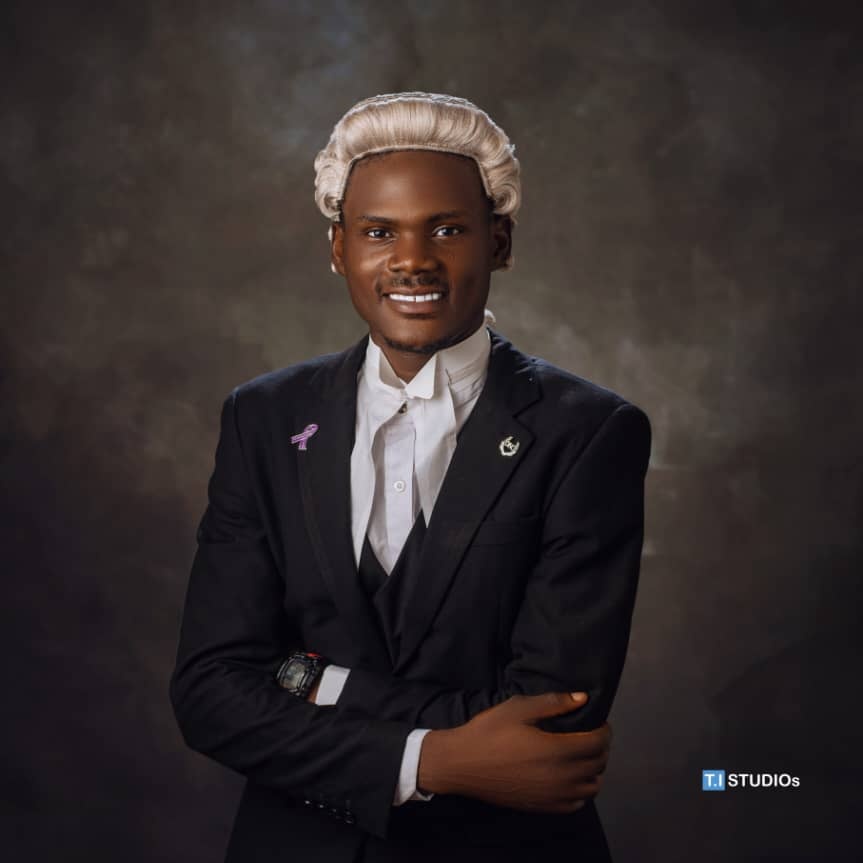By P.L. Osakwe
■ Introduction
“We the people of the Federal Republic of Nigeria…”
But we never wrote it. We never saw it. We never voted for it.
We simply woke up one day and were told: “This is your Constitution.”
In the long and troubled history of Nigeria, few documents have shaped our lives as powerfully—and as unjustly, as the 1999 Constitution. Draped in the robes of democracy, it has masqueraded for over two decades as the voice of the people. Yet, it remains a document birthed in secrecy, baptized by decree, and sustained by silence.
This is not just a legal critique. It is a people’s case against a Constitution that speaks in our name but has never known our voice.
■ A Constitution Without a Conscience.
The 1999 Constitution was promulgated by the outgoing military regime of General Abdulsalami Abubakar, a rushed document assembled by a hand-picked Constitutional Debate Coordinating Committee (CDCC) in 1998. There was no referendum. No nationwide deliberation. No popular mandate.
Yet the Constitution begins with the infamous lie:
“We the people…”
That lie is the foundation upon which all other legal truths in Nigeria now rest. We built a democracy on deception. A republic on a forgery.
■ The Ghost of the Military Still Governs Us.
What many don’t realize is that the 1999 Constitution is not a new creation—it is largely a repackaged version of the 1979 Constitution, which itself was a military blueprint. The language, structure, and authoritarian undercurrents remain intact. In fact, Decree No. 24 of 1999 was the military decree that birthed the Constitution.
And within its text lies another injustice: Section 6(6)(d), which protects all past military actions from being questioned in court. Every land grabbed, every dissenter jailed, every decree enforced with impunity—made untouchable by law.
So while Nigeria claims to have returned to democracy in 1999, in truth, we have merely painted a democratic face on a militaristic skeleton.
■ A Federal Republic That Isn't Federal.
The structure of the 1999 Constitution is fundamentally flawed. It presents Nigeria as a federation, but in practice, it operates more like a unitary state. The so-called federating units—states—are politically and economically dependent on Abuja.
Consider this:
Over 60 critical matters (like police, mining, prisons, railways, electricity, and arms) are under the Exclusive Legislative List, controlled solely by the Federal Government.
● States cannot create their own police forces.
● Natural resources are federally owned, even though the environmental and human cost is local.
● The local government system is not autonomous; it is tied to state politics and federal funds.
This over-centralization stifles local development, innovation, and accountability. It creates a system where governors become beggars, and the people become voiceless.
♤ Fundamental Rights That Cannot Be Enforced.
The Constitution contains noble aspirations under Chapter II: free education, health, housing, dignity for all. But there’s a catch: they are non-justiciable.
You cannot go to court to enforce these rights. The government can ignore them—and often does—with zero consequence.
In a country where millions are denied basic healthcare, where children learn under trees, and where the aged die in poverty, the Constitution effectively says: “Too bad. You can’t sue us for that.”
This is not democracy. It is legalized abandonment.
■ Citizenship: A Tool of Division, Not Inclusion
Nigeria’s Constitution also weaponizes citizenship and indigeneity. Section 25-28 differentiates between citizens by birth and citizens by registration or naturalization. Only those “born” Nigerians can hold key political offices or enjoy certain protections. And even within Nigeria, you can be a “citizen” and still be treated as a “settler” in your own country—denied access to jobs, schools, or housing because you're not “indigenous” to the state you live in.
This duality breeds ethnic tension, political exclusion, and violence.
■ The Immunity Clause: A License to Loot
Section 308 grants full immunity from civil or criminal prosecution to sitting Presidents and Governors. While intended to protect executive focus, in practice it has become a shield for corruption and impunity.
From misappropriating state funds to violating citizens’ rights, office holders have learned they can commit crimes without consequence, at least while in power. Some even return to office just to regain immunity.
■ Who Benefits from This Constitution?
Certainly not the poor. Not the students. Not the workers. Not the oil-polluted communities in the Niger Delta. Not the farmers displaced by conflict. Not the girls denied education. Not the activists silenced for demanding justice.
This Constitution was not designed to serve the people, it was crafted to protect the elite. It favors central control, legal insulation, and systemic inequality.
■ Can Amendments Fix It? No. Only a New Constitution Can.
Some say we should amend the Constitution. But you cannot amend a lie into a truth. You cannot clean a broken mirror and expect a clearer reflection. You cannot build justice on a foundation of deceit.
What Nigeria needs is not another amendment—but a genuinely people-driven constitution, built on:
Open and inclusive participation
Referendum-based legitimacy
True federalism and decentralization
Justiciable socio-economic rights
Equality for all citizens, regardless of origin
Accountable and transparent governance.
□ Conclusion
“The greatest injustice is not that we are oppressed, but that we were told we are free.”
The 1999 Constitution is the original sin of Nigeria’s Fourth Republic. Until we confront it, rewrite it, and replace it, we will continue to live in a nation where laws are made in our name but never for our good.
It is time to stop living the lie. It is time to build a Constitution that truly belongs to the people.
“You cannot amend a lie into a truth. Nigeria needs a new Constitution, not a recycled decree.” – P.L. Osakwe



